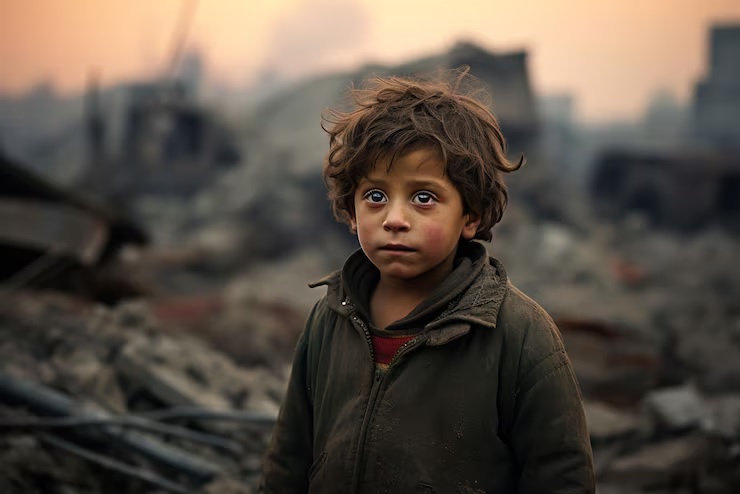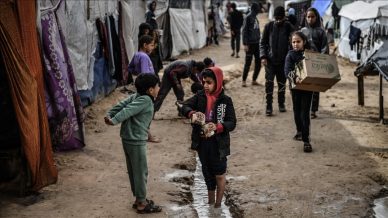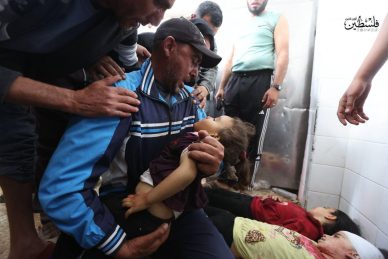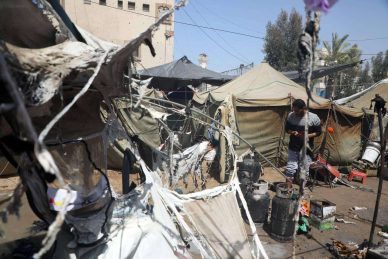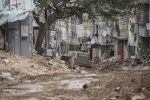AMMAN, (PIC)
The Gazan population’s failure to access clean water and sanitation amid Israel’s relentless attacks are posing a grave risk to their children, the United Nations Children’s Fund (UNICEF) has warned.
Huge masses of displaced people, who were already forced to flee to southern Gaza by the war, are accessing only 1.5 to 2 liters of water per day, well below the recommended requirement for survival, the UN agency stated on Wednesday.
The crisis, antagonized by limited aid deliveries and the destruction of infrastructure, puts huge numbers of vulnerable children at risk of disease, it added.
As a result of the Israeli army’s ongoing massive bombardments, hundreds of thousands of people, around half of them estimated to be children, have been pushed into Rafah since early December, and are now in desperate need of food, water, shelter, medicines and protection, UNICEF said.
“According to humanitarian standards, the minimum amount of water needed in an emergency is 15 liters, which includes water for drinking, washing and cooking. For survival alone, the estimated minimum is three liters per day,” UNICEF underlined.
“Access to sufficient amounts of clean water is a matter of life and death, and children in Gaza have barely a drop to drink,” UNICEF executive director Catherine Russell said.
“Children and their families are having to use water from unsafe sources that are highly salinated or polluted. Without safe water, many more children will die from deprivation and disease in the coming days,” he added.
Using unsafe water and lack of hygiene, Gaza children are more vulnerable to waterborne disease, dehydration and malnutrition, according to UNICEF.
“In shelters across the Strip, long queues of exhausted women and children wait to use the, on average, one toilet for every 700 people, pushing people to resort to other coping strategies, such as the use of buckets, or open defecation. Showers are even less available reducing hygiene options to nearly non-existent, impacting especially women and girls. This could further lead to an increase in the spread of disease,” UNICEF said.
Humanitarian aid deliveries simply do not meet the needs of the population for basic survival. This causes a shortage in water and hygiene products that is further compounded by the fact that a large percentage of sanitation facilities have been either destroyed or simply cannot serve the large number of displaced Palestinians gathering in specific locations.
“We are doing everything we can to meet the needs of the people in Gaza, but the equipment and supplies we’ve managed to provide are far from enough,” Russell said.
“The constant bombing, along with the restrictions on materials and fuel allowed into the territory, are preventing critical progress. We urgently need these supplies to repair damaged water systems.”

